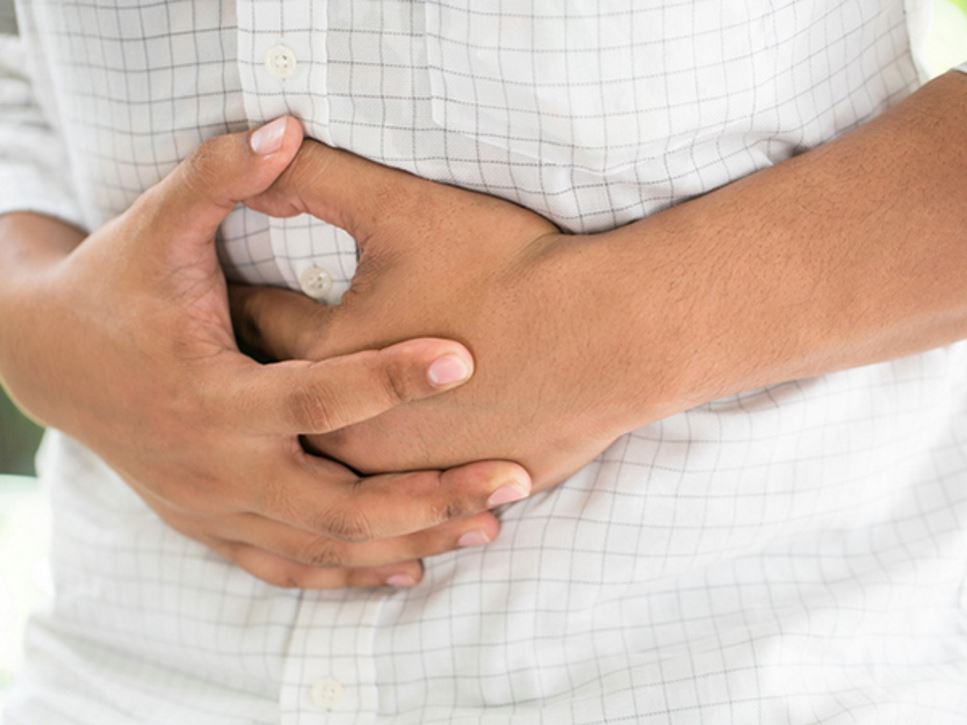Crohn's disease and ulcerative colitis are two types of conditions known as inflammatory bowel disease or IBD. Crohn’s disease is defined by chronic inflammation and irritation of the entire digestive tract. Ulcerative colitis also results in inflammation but specifically in the colon and rectum. According to a study published in July 2023 in Gastroenterology, an estimated 2.4 million Americans have been diagnosed with IBD. The cause isn’t fully understood, but the condition is known to run in families. In addition, one's immune system and environment appear to play a role in the development of IBD.
What Happens with Crohn's Disease?
The exact process that causes the inflammation and irritation is unknown, but there has been some insight into the disease. Crohn's disease often affects the lower part of the small intestine, but it can manifest anywhere from the mouth to the anus. The immune system also plays a role in this condition.
Immune cells accumulate in the intestines, attacking bacteria, food, healthy body tissue and other harmless or even beneficial substances, causing symptoms such as abdominal pain, diarrhea, rectal bleeding, weight loss, fever and fatigue. These accumulating immune cells produce chemicals that promote inflammation, damage intestinal walls and cause the symptoms of Crohn's.
How Is Diet Involved?
Foods do not cause Crohn's disease, however, certain foods may cause flare-ups in Crohn's disease symptoms for some people. Important steps in treatment for Crohn's include keeping a detailed food diary, avoiding foods that cause symptoms and consulting with a registered dietitian nutritionist to ensure you are able to tolerate a variety of foods and obtain the nutrients you need. Bottom line: There's no one diet to alleviate Crohn's disease.
Nutrient Needs
Nutrient deficiency is another common concern since inflammation from this condition can interfere with nutrient absorption. Plus, certain nutrients may be lacking when foods are avoided. As a result, people with Crohn's disease need a nutrient-rich diet with adequate calories, protein and healthy fats.
Steroid medications often prescribed for Crohn's disease may increase osteoporosis risk, so sufficient calcium, vitamin D, magnesium and vitamin K are needed for bone health. Malabsorption also may result in deficiencies in certain vitamins and minerals, such as vitamin C, vitamin B12, folate, iron and zinc.
Healthy Eating Tips
If you have Crohn's disease, consult with a registered dietitian nutritionist who can work with you to develop a personalized eating plan.
Some tips and guidance may include:
- Eat small meals or snack every 3 to 4 hours. Stay well hydrated. Drink small amounts of water throughout the day.
- During periods when you don't have symptoms, include whole grains and a variety of fruits and vegetables in your eating plan. Start new foods one at a time, in small amounts.
- When you have symptoms, such as diarrhea or abdominal pain, follow the recommended food list provided by your registered dietitian nutritionist. Foods to avoid may include high-fiber foods, raw and gas-producing vegetables, most raw fruits and beverages with caffeine.
- Your physician and registered dietitian nutritionist may recommend foods with added probiotics and prebiotics, as well as dietary supplements to prevent or treat vitamin and mineral deficiencies,
Find a Nutrition Expert
Looking for credible nutrition information and recommendations? The Academy of Nutrition and Dietetics' network of credentialed food and nutrition practitioners are ready to help!
